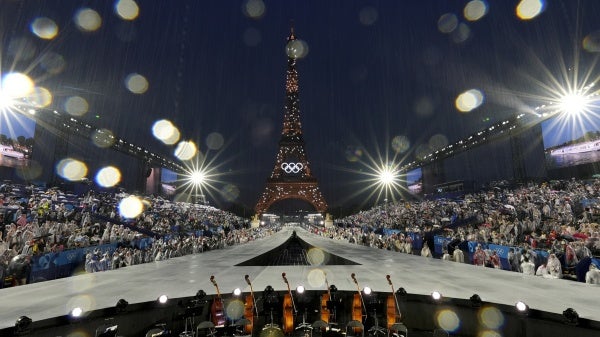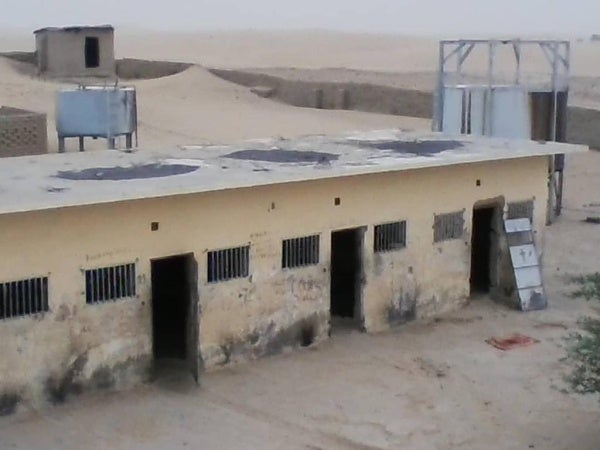Lire la version en français / Hier auf Deutsch lesen/ Lea la versión en español
Welcome back, readers! We’re returning from our three-week, northern-summer break with renewed energy to bring you your daily human-rights update.
Like many of you, I’ve spent recent days watching the Olympics on TV – first the spectacular, if sadly soaked, opening ceremony in Paris, and then the events, excitedly trying to figure out the rules to sports like judo and dressage. I’m not usually much interested in sports, nor am I a flag-waver, but the Olympics has a peculiar way of making fans of us all.
Getting back to work, however, means seeing the Olympics and Paralympics as an opportunity to focus the spotlight on the government of the host nation and their human rights record, in this case France.
While we don’t rank countries from bad to worse, it’s fair to say some recent hosts of mega-sporting events – say, China, Russia, or Saudi Arabia – present more severe human rights concerns than France. Still, that hardly excuses the French government’s record, and in fact, France has some serious problems. Indeed, France’s human rights record has been deteriorating.
Rule of law is being eroded in France, and the country is facing increasing restrictions on fundamental freedoms, including limitations on freedom of expression, the right to peaceful protest, and freedom of association. For example…
In December 2023, French lawmakers adopted an immigration law widely criticized by French civil society organizations as the most repressive immigration legislation ever enacted.
France’s new “Olympics” mass-surveillance law is the first of its kind in the European Union to explicitly legalize the use of controversial, algorithm-driven video surveillance that risks discrimination against racialized minorities at the Games.
And then there’s France’s hijab ban in sports. Many French sporting authorities restrict women and girl players from wearing head coverings. As a result, thousands of women and girls in France are prevented from playing many sports, including football, basketball, judo, boxing, volleyball, and badminton.
These recent steps and others have arisen from political efforts to stoke intolerance in France and then capitalize on it. This is sadly ironic, given the slogan for Paris 2024 is “Ouvrons grand les Jeux” or “Games Wide Open,” meant to show these Olympic Games would be more inclusive, open, and equal.
One bit of positive news is a majority of French voters decisively refused to be governed by the far right in recent parliamentary elections, thus pushing back the threat of even deeper intolerance driving even more rapid deterioration of human rights.
But it’s hardly comforting to say the situation in France isn’t as bad as it could be, when it really should be much better than it is.








